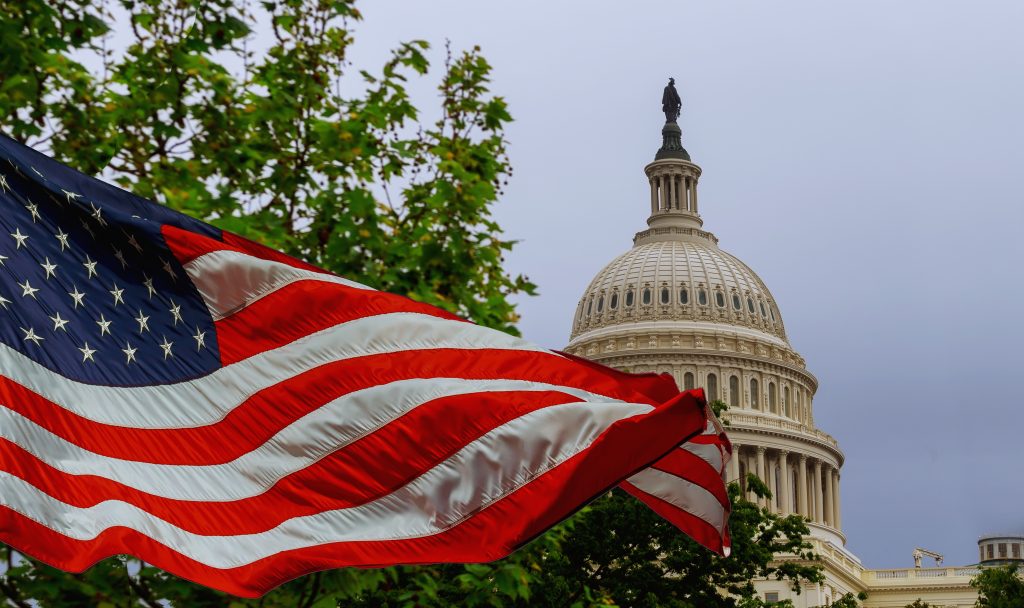Elon Musk’s Starlink decision in Ukraine sparks US congressional inquiry
Senator Elizabeth Warren has called for an investigation into Musk’s personal influence on foreign policy and the contractual agreements between SpaceX and the US government.

Senator Elizabeth Warren (D-Mass.) has demanded a thorough investigation into the involvement of Elon Musk in preventing the Ukrainian military from using Starlink satellite internet during an attack on Russian forces.
Warren’s concerns centre around Musk’s influence on foreign policy and the need to scrutinise the contracts that grant him such authority. She has also called on the Department of Defense to review its agreements with Musk’s companies, particularly SpaceX, which supplies Starlink satellites.
Musk defended his decision, stating he wanted to avoid escalating the conflict. This move has garnered criticism from senior Ukrainian officials but also earned praise from Russian President Vladimir Putin.
The Biden administration has refrained from commenting on Musk’s actions. Air Force Secretary Frank Kendall expressed concerns about more oversight of such contracts, mainly when relying on commercial systems for military operations.
Why does it matter?
Musk argued that he did not turn off existing service but declined Ukraine’s request to extend Starlink coverage to Crimea. On the other hand, Ukraine’s presidential advisor criticised the decision, saying it allowed Russian missile attacks on Ukrainian cities. Despite the lack of consensus on the actual events, the incident brings a significant concern: the degree to which individuals like Elon Musk, who possess authority over critical technologies, can exert influence and shape foreign policy choices, often with potentially catastrophic consequences.
